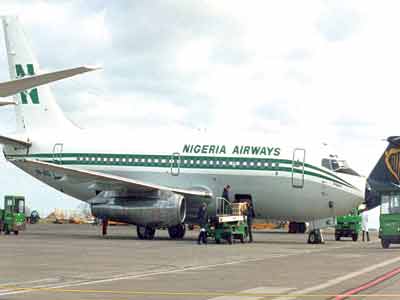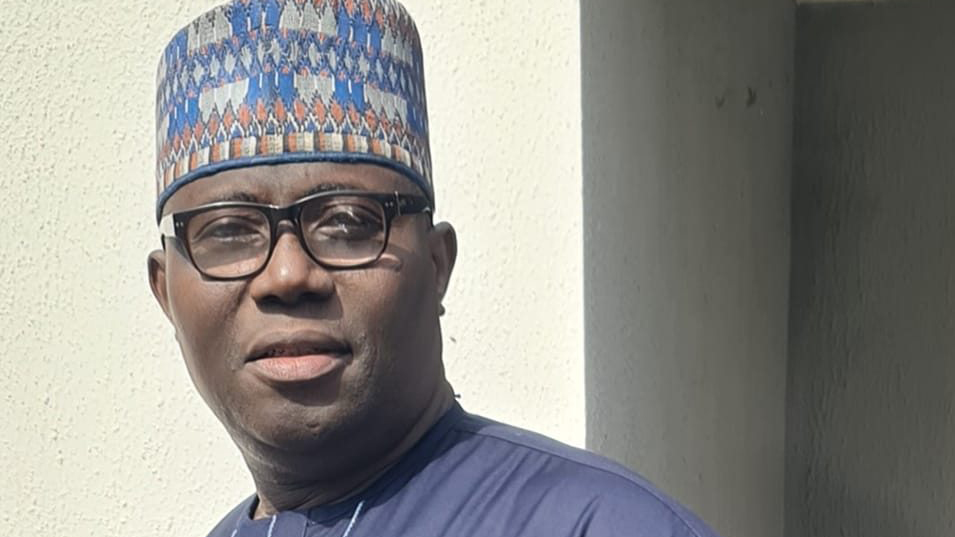
As global economies expand and airlines take delivery of tens of thousands of new commercial jetliners, Boeing has projected a demand for nearly 1.5 million pilots and technicians over the next 20 years.
It revealed in its 2016 Boeing Pilot and Technician Outlook forecasts that between now and 2035, the aviation industry will need to supply more than two million new aviation personnel, which include 617,000 commercial airline pilots, 679,000 maintenance technicians, and 814,000-cabin crew.
According to Boeing, the 2016 outlook showed a growth of 10.5 per cent for pilots over the 2015 outlook and 11.3 per cent for maintenance technicians, noting that the new pilot demand is primarily driven by new airplane deliveries and fleet mix, while new technician demand is primarily driven by fleet growth.
The Vice President, Boeing Flight Services, Sherry Carbary said: “Cabin crew are an integral part of operating an airline, and while Boeing does not train cabin crew like pilots and technicians, we believe the industry can use these numbers for planning purposes.”
It further stated that the outlook represents a global requirement for about 31,000 new pilots, 35,000 new technicians and 40,000-cabin crew annually, adding that projected demand for new pilots, technicians and cabin crew by global region for the next 20 years is approximately:
Boeing pointed that the Asia-Pacific region comprised 40 per cent of the global need due to the growth in the single-aisle market, which is driven by low-cost carriers, while North America is the result of new markets opening in Cuba and Mexico, and demand in Europe has increased as a response to a strong intra-European Union market, it added.
To meet this tremendous growth, Boeing said it would require innovative solutions that focused on educational outreach and career pipeline programs to inspire the next generation of pilots, technicians, and cabin crew.
It noted that, new technologies, devices, and training methods will be needed to meet a wide range of learning styles, stressing that the growing diversity of aviation personnel will also require instructors to have cross-cultural and cross-generational skills to engage tomorrow’s workforce.
However, Boeing said that airlines across the globe are expanding their fleets and flight schedules to satisfy demand generated by global economic expansion, even as the aviation industry has continued to address these challenges by creating balanced, sustainable solutions to fill future pilot pipelines.






